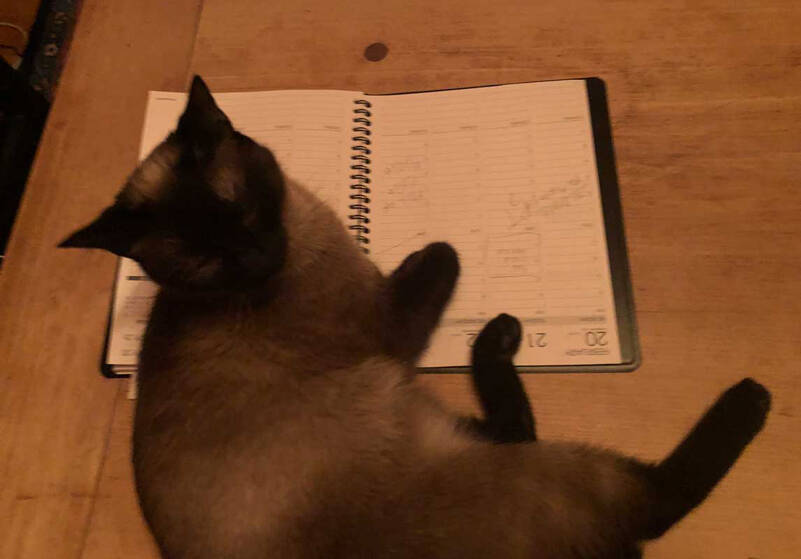By Morf Morford, Tacoma Daily Index
In my prior career, I taught English and writing at the college level.
As the years went by, I noticed that my students seemed less capable and prepared for college level research and writing with each passing year.
Each new school year seemed to bring less knowledge, let alone understanding of culture, history and identity.
The nuances and complications of human history, psychology and mixed, even conflicting motives that become all too apparent when one looks closely at human affairs and relationships were only confusing and irritating, if not offensive, to most of them.
The vast majority of my students were not equipped to understand, let alone respond to, the complications of the written word. They had difficulty reading and comprehending the thoughts of others, and even more difficulty expressing their own.
But it was worse than that
Basic life skills that had served humanity well for centuries, if not millennia, seemed to be dropping off the flat-earth horizon of many of my students.
Being able to read a map, fixing a broken tool (if they used literal tools at all), raising a garden or caring for a pet, even preparing a non-frozen or non-instant meal seemed to be beyond virtually all of them.
Everything, from political opinions to food to religious quotations seemed, for most of them, to come from a package, created, marketed and sold like some interchangeable blue light special for every aspect of life.
Even the idea of actual freedom, decency, integrity, courage, generosity, compassion, critical thinking skills, creativity, and the ability to problem-solve – or come to a conclusion distinct from any one else could not have been more alien – and for most, absolutely terrifying.
From not being able to read cursive handwriting to having no sense of direction thanks to GPS, our young people could not be less prepared to face a complicated world with ever more increasingly demanding issues – at higher and higher stakes.
Enter Artificial Intelligence
Perhaps to rescue us, or at least fill the gap in knowledge, the past few years have brought us the advent of widespread access to artificial intelligence (AI).
I have to admit that I have been working with and using rudimentary forms of AI for years – if not decades. Among other things, I introduced my students to Eliza, the first AI Chatbot, in the 1980s.
My assumption from the very beginning was that AI would, or at least should, be used as a tool to enhance and supplement our intelligence and unique humanity, not replace it.
Our uniquely human combination of thought, feelings, perceptions and visions of what could be are what define us – and separate us from machines and algorithms.
We humans excel and are at our best when we discover, think, explore, create, express and interpret the often baffling, frustrating and demanding forces and obligations of life.
AI, especially in synch with social media, has had multiple deleterious impacts on, among many other things, the mental health of young people who have been born and raised in an intrusive, almost debilitating digital age.
You can see a study of the mental health impacts of social media here.
Technology to the rescue?
But has technology made us kinder, better, more companionate and creative?
Or even more capable? Or productive? Or “free”?
Like any powerful tool – or drug – technology lends itself to other-than-intended uses and impacts.
Articles and news segments have explored the effects that digital technology use could have on everything form sleep, attention span, emotional intelligence, and cognitive development. And mental health.
Technology addiction is only one unintended consequence of these machines that guide us, control us and purport to know everything.
Search engines vs chatbots
Search engines, by definition, “search” – they scan and give us dozens – if not hundreds – of possible answers to our query. It is up to us to sift, sort and find the most relevant answer. Or maybe even do another search.
Chatbots promise to give THE answer.
Serendipitous discoveries are near impossible with chatbots.
When I was in college, and even high school, my greatest discoveries were those tomes on the library bookshelves alongside what I was originally looking for.
In many cases, the path accidentally taken was vastly more interesting, and often more productive, than the intended search.
AI is a great tool, but as it usurps meaning, discovery and a sense of community, it leaches out from us far more than it could ever give us.
In short, AI, like every tool, from automobiles to jackhammers, is a great, even life-saving and creative servant, but a terrible master.






